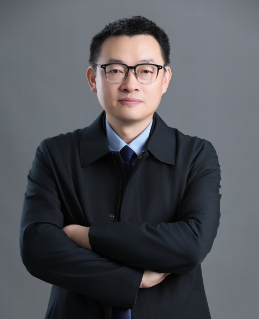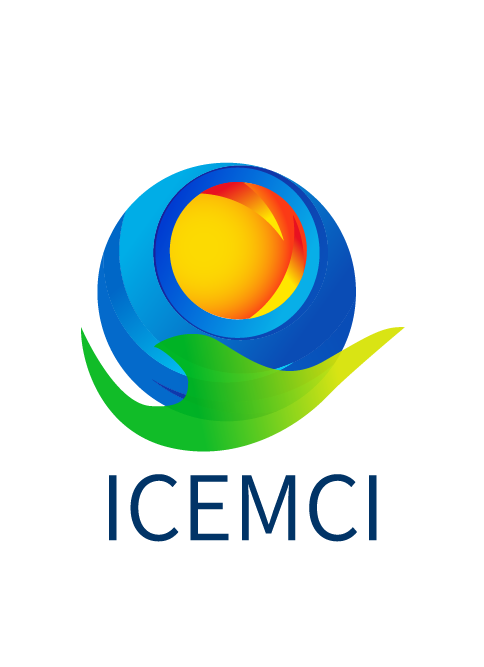
Prof. Wenke Zang
Shandong Normal University, China
Research Area: Business administration, management engineering, intelligent computing, machine learning, data mining
Brief introduction: Wenke Zang, Ph.D., Professor, and Doctoral Supervisor. Associate Dean of Meigu College and Chair of the Department of E-commerce at Shandong Normal University. Visiting Scholar at the McCoy College of Business Administration and the College of Sciences, University of Texas at San Antonio (UTSA) from 2015 to 2018. Expert Reviewer for Degree and Graduate Education at the Academic Degrees Center of the Ministry of Education. Senior Member of the China Computer Federation (CCF), Council Member of the Shandong Computer Society, and Council Member of the Computer Education Committee of the Shandong Higher Education Society. Recognized as a Shandong Provincial Science and Technology Expert and an Expert in Industrial and Information Technology of Shandong Province. Identified as a High-level Talent in Jinan City. Recipient of Shandong Normal University’s "Distinguished Young Scholar" Award and Excellent Graduate Supervisor Award. Leader of the university’s outstanding graduate mentoring team recognized under the "Five-Guidance" program.

Prof. Pingping Fu
Suzhou City University, China
Research Area: Public administration and Business administration
Brief introduction: Professor, Ph.D., and Master' s Supervisor at the School of Digital Economy and Management. Ph.D. in Management Science and Engineering from Harbin Institute of Technology. Visiting Scholar at the University of North Carolina at Chapel Hill, USA.
In recent years, has published over 20 papers indexed by SSCI, SCI, EI, and CSSCI. Has supervised more than 30 graduates in Public Administration, Business Administration, and MBA programs.

Assoc. Prof. Yuanyuan Cai
Shanghai University, China
Research Area: Consumer behavior, brand management; consumer well-being issues such as sustainable consumption behavior and health management behavior in the context of intelligence, as well as brand management research issues such as brand positioning and brand values
Brief introduction: Associate Professor and Master Supervisor, awarded the title of Shanghai Pujiang Talent, Department of Business Administration, Sydney Business School, Shanghai University, July 2013 - present, Zero Point Market Research Consulting Group, July 2007-August 2009, Visiting Scholar, University of Toronto, January 2011-January 2012, Main course: Consumer Behavior, Brand Management, Marketing, Management Psychology
